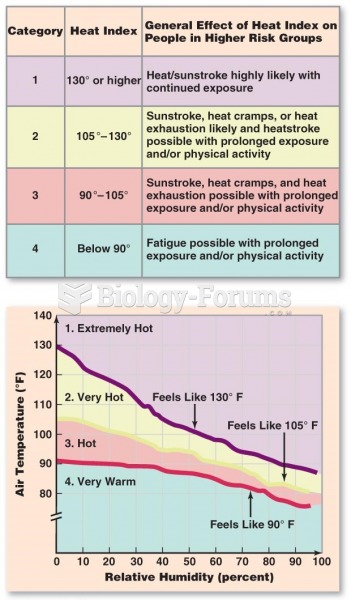|
|
|
Historic treatments for rheumatoid arthritis have included gold salts, acupuncture, a diet consisting of apples or rhubarb, nutmeg, nettles, bee venom, bracelets made of copper, prayer, rest, tooth extractions, fasting, honey, vitamins, insulin, snow collected on Christmas, magnets, and electric convulsion therapy.
Elderly adults are living longer, and causes of death are shifting. At the same time, autopsy rates are at or near their lowest in history.
Today, nearly 8 out of 10 pregnant women living with HIV (about 1.1 million), receive antiretrovirals.
The B-complex vitamins and vitamin C are not stored in the body and must be replaced each day.
A good example of polar molecules can be understood when trying to make a cake. If water and oil are required, they will not mix together. If you put them into a measuring cup, the oil will rise to the top while the water remains on the bottom.
 Upper Paleolithic stone tools include blade-based tools as seen here being produced from a blade cor
Upper Paleolithic stone tools include blade-based tools as seen here being produced from a blade cor
 In the heat of the Battle of Lake Erie, Perry had to abandon his flagship, the Lawrence, which had b
In the heat of the Battle of Lake Erie, Perry had to abandon his flagship, the Lawrence, which had b





